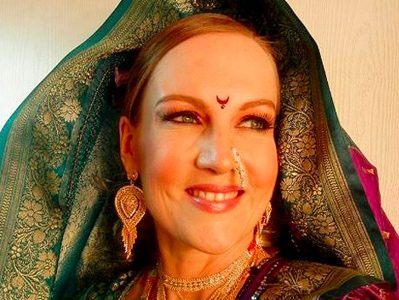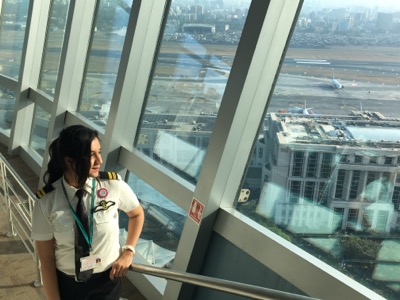It is estimated that over 110 million people will be added to the Indian workforce over the next 10 years and many of these will be women.
And despite just under half of all undergraduate students in India being women, far fewer women than men have regular, salaried jobs, a very small percentage of women hold board level positions and the gender pay gap is significant. One of the best ways to improve career prospects is by brushing up on your interview skills.

Image via Shutterstock
Develop your soft skills
The majority of interview success comes down to two simple words: soft skills. Whilst it may well be your technical or hard skills, plus your educational achievements that get you the interview in the first place, it is more likely to be your soft skills that determine whether you get the job. Yes, you can state on your CV that you’re a good communicator, a great leader and a confident, friendly person but when you walk through that door to the interview, they want you to actually demonstrate these skills.
Preparation
Attending an interview can be one of the most worry inducing activities you will undertake, often evoking feelings of anxiety and even fear of rejection. Ensure you are meticulously prepared, not only through research on the company you’re interviewing with, but on the types of questions you’re mostly like to be asked, questions you wish to ask, and on the position you have applied for. It is useful to consider your key selling points, and any elements that you wish to convey during the interview that make you perfect for the role.
First impressions
Research suggests that around a third of interviewers will make their minds up about an interviewee within the first 90 seconds, and this will largely be down to the first impressions you make. Ensure you are well presented of course, but also consider subtle yet individual touches that will make you memorable, a fabulous scarf worn with your suit or interesting jewellery, little details that say something about your personality and that can even serve as ice breakers. Sloppy presentation can trigger the ‘horns and halos’ effect with a negative judgement about your presentation affecting the interviewers overall opinions about you.
Non verbal communication
Always remember that not all that is communicated is said. Give a friendly smile, greeting and a handshake when meeting the interviewer, keeping posture confident and poised. When seated, avoid nervous gestures such as playing with hair or fiddling with clothing as this can be distracting for the interviewer. Sit upright, maintain good eye contact and if there is more than one interviewer, ensure you are addressing each interviewer with your non-verbal communication.
Communication
First off, attempt to build rapport with your interviewer. If you’ve utilised effective non-verbal communication, this process should already have started. A good interviewer will be skilled at helping you to feel at ease, perhaps by initiating small talk or general chat to ease you into the interview. If they do not you can attempt this, but be mindful of different personality and interview styles as some will be ‘all business’. This part of the interview is your chance to demonstrate your suitability for the position through your answers but to do this properly, you need to be listening attentively to both direct and implicit questions.
Closing and post interview
There is more to ending an interview that saying goodbye and leaving. Closing an interview is all about establishing the interviewer’s opinion of your suitability and addressing any concerns that they may have. If you do not take the chance to do this before the interview closes, it can be the difference between a second interview and not. Remember also to thank the interviewer for their time. If you’re successful in gaining a second interview, look for feedback that can help you to prepare and consider aspects such as salary (be prepared to negotiate). If you’re not asked back for a second interview, use this as a learning opportunity and with careful conduct, ensure you are considered for other future roles.
About Soft Skills International
Part of the Luxury Academy Group, with offices in Mumbai, Visakhapatnam and London, Soft Skills International provide training in all aspects of soft skills for the corporate market and educational institutions including business etiquette, leadership, customer service and communication skills.






